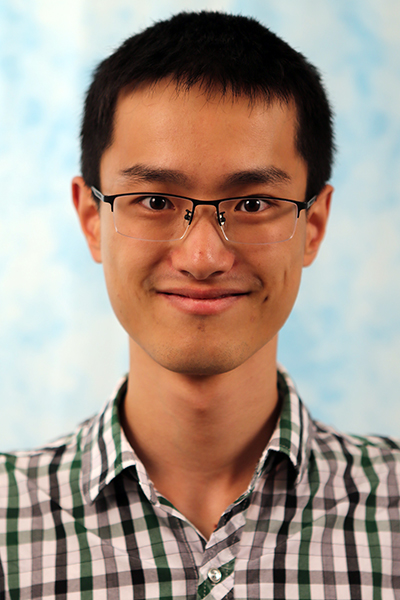
Abstract:
Autonomous navigation in human crowds (i.e., social navigation) presents several challenges: The robot often needs to rely on its noisy sensors to identify and localize the pedestrians in human crowds; The robot needs plan efficient paths to reach its goals; The robot needs to do so in a safe and socially appropriate manner. In this thesis, we focus on leveraging pedestrian groups to tackle all three aspects of social navigation. First, we introduce group-based representations via group split and merge prediction. We further show that split and merge predictions on group-based representations are more accurate than predictions made on individual-based representations. Second, we integrate our group-based representations and prediction oracles into a Model Predictive Control (MPC) framework. We show that when compared to individual-based representations in the same MPC framework, our framework produces safer and more social motions. Third, we identify the need to capture greater varieties of group-based pedestrian interactions and the current lack of suitable large-scale datasets. We then introduce our own in-progress data collection efforts. To continue our investigation, we first propose a simplified group-based representation to cut down computation time. This simplified group-based representation only focuses on the visible edges of the groups. Then, we propose group surfing to tackle the freezing robot problem where the robot is sometimes unable to proceed due to its conservative estimation of human dynamics. Group surfing is a strategy where instead of planning independent paths, the robot follows nearby groups as needed.
Thesis Committee Members:
Aaron Steinfeld, Chair
Katia Sycara
Jean Oh
Takayuki Kanda, Kyoto University
